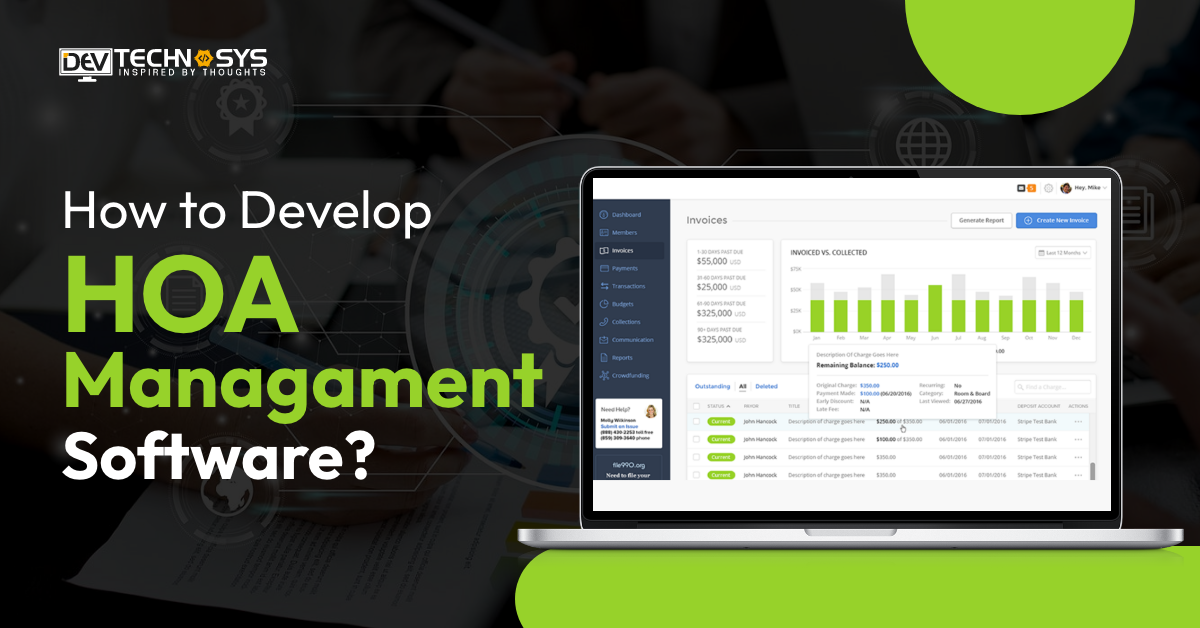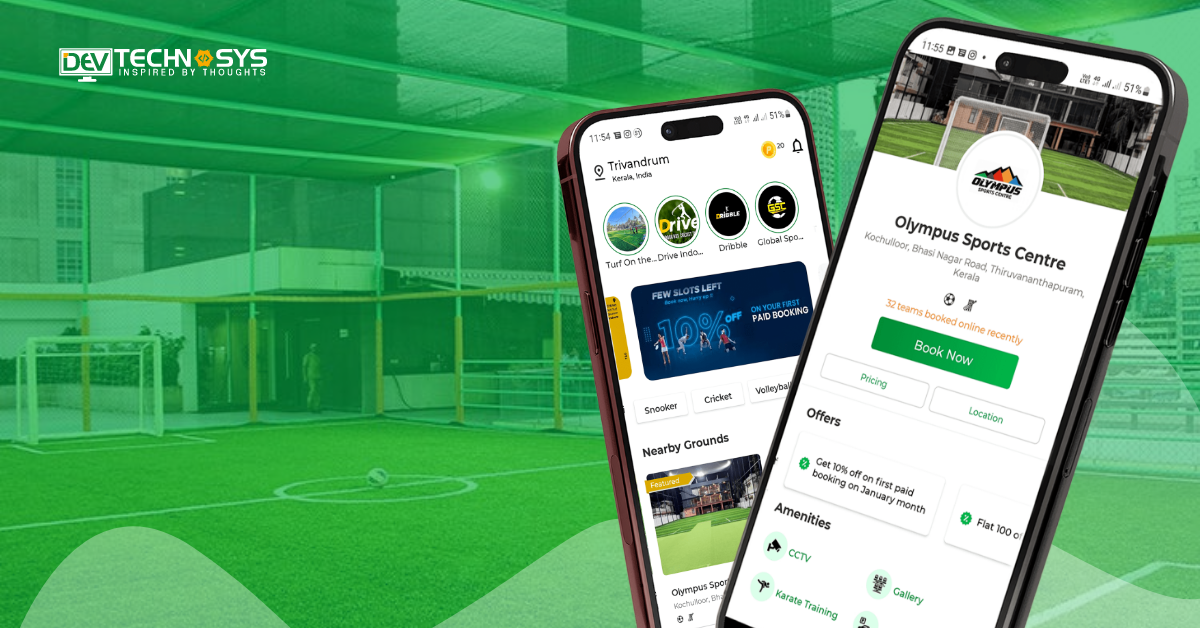“In real estate, you make 10% of your money because you’re a genius and 90% because you catch a great wave.”
– Jeff Greene
In a world that changes rapidly, technology has the power to change even the real estate business. With the integration of AI in real estate has started a new era of creativity. It has many benefits that are changing how homes are bought, sold, and handled.
The adoption of AI in real estate industry reflects a broader movement toward leveraging technology to improve efficiency, reduce costs, and deliver more personalized services. It has implications both for residential and commercial real estate. AI real estate solutions have been required by many factors.
AI in real estate industry is more than just a trend; it’s a game-changer. This blog post explores the remarkable benefits that AI brings to the forefront of this sector. From automating property valuation to delivering data-driven insights, AI is optimizing processes, making them more efficient, cost-effective, and customer-centric.
So, let’s begin.
Table of Contents
What is AI in Real Estate Industry?
Artificial intelligence is used to improve various aspects of real estate transactions and management. This includes automated property evaluation, predictive analytics to determine market trends, chatbot to answer customer questions, and smart home features such as energy efficiency and security.

Artificial Intelligence in real estate can also be used to analyze data in order to identify investment possibilities and streamline the property search. An AI development company plays a pivotal role in integrating generative AI in real estate industry.
Their expertise enables the creation of systems that enhance efficiency, cut operating costs, and deliver superior customer experiences, including personalized recommendations. This accelerates decision-making processes, elevating the overall user experience in real estate transactions.
Why Must Businesses Invest In Real Estate Industry?
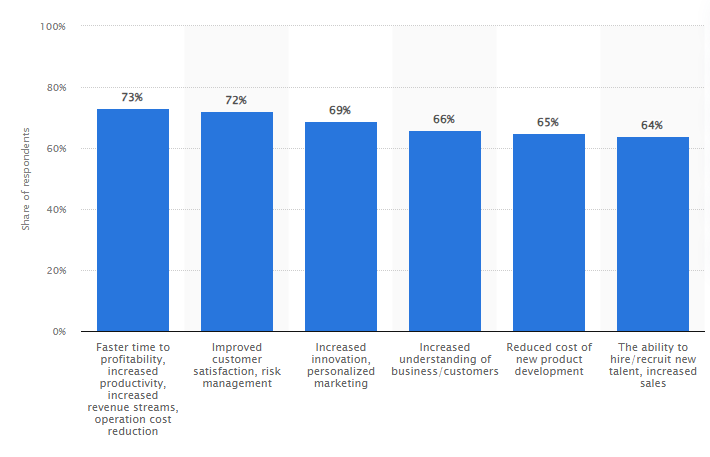
- The retail AI market was valued at 6,32 billion U.S. Dollars in 2022. It is expected to grow at a 30.5 percent CAGR between 2021-2028.
- The value of investment in proptech was over 24 billion dollars, the highest ever recorded.
- In 2021, the revenue of global real estate companies was estimated at 9.5 billion U.S. Dollars. It is expected to grow by a CAGR of 4.8 percent from 2021 to 2030.
- The U.S. led the world in proptech investments with 61.1 billion dollars, more than any other country.
- When asked what the potential outcome of artificial intelligence (AI), in making investment decisions, could be for investors, nearly 80 percent of respondents gave a positive answer.
- By 2025, AI is predicted to generate an additional 97 million jobs and remove 85 million current ones, according to the World Economic Forum.
Amid the growing demand for AI in real estate, businesses are leveraging iOS and Android app development services to enhance their real estate business operations. This strategic move aims to capitalize on technological advancements, providing a competitive edge and fostering business growth in the dynamic real estate sector.
Key Benefits of AI in Real Estate Industry
The application of AI in real estate has turned out to be advantageous. So, as per AI development services provider, following benefits of AI in Real Estate industry can be defined with the automation of business process and improved market analysis:
● Enhance Property Valuation:
AI-powered algorithms are able to analyze a wide range of data including attributes, sales history, market trends and comparable properties. This allows them to provide more accurate, objective valuations. This improves transparency, reduces bias and allows better pricing and sales decisions.
● Effective Property Search:
AI real estate apps, developed by a generative AI development services provider, can tailor property recommendations based on personal information about a homeowner or buyer, their preferences, their budget and where they live.
The AI algorithms can display relevant listings that meet specific criteria to make the property search more efficient. This saves time for both buyers and AI for real estate agents.
● Predictive Analytics for Investment:
AI is capable of analyzing economic variables, demography, and housing market patterns. This allows AI to predict real estate appreciation, identify investment opportunities, and evaluate risks. These insights will help real estate investors make better investment decisions, optimize their portfolios and maximize their returns.
● Improved Customer Service:
Artificial intelligence-enabled chatbots and virtual assistants can respond immediately to customer questions, help with property queries, schedule viewings, or answer frequently asked inquiries. It optimizes the consumer experience by offering support and timely information 24/7. As per generative AI development company, it will be beneficial for businesses to integrate chatbots in real estate applications.
● Smart Property Management:
AI can improve property management by analyzing data from millions of IoT sensors installed in millions of buildings. This allows for automated temperature control, energy optimization and predictive maintenance.
● Efficient Transaction Processes:
Artificial intelligence can automate and streamline real estate transactions. AI-driven document processing and analysis can speed up tasks like contract review, title work, search, and lease management by reducing paperwork and minimizing errors.
However, it is essential to know that the cost to develop a mobile app for such AI-driven real estate solutions varies depending on complexity, features, and development resources.
● Market Insights & Decision Making:
AI can process and analyze vast quantities of data from the real estate market, providing valuable insights into market trends, pricing patterns and demand-supply dynamics. It helps professionals in the real-estate industry make informed decisions such as identifying target markets, pricing strategies and investment opportunities.
Uses of AI in Real Estate Industry
Now you must be wondering “how to use AI in real estate?”. Artificial Intelligence is transforming the real estate industry, introducing innovative solutions that streamline processes, enhance efficiency, and provide valuable insights. As per the machine learning app development company, below are some of the most popular uses of AI that you must check out:
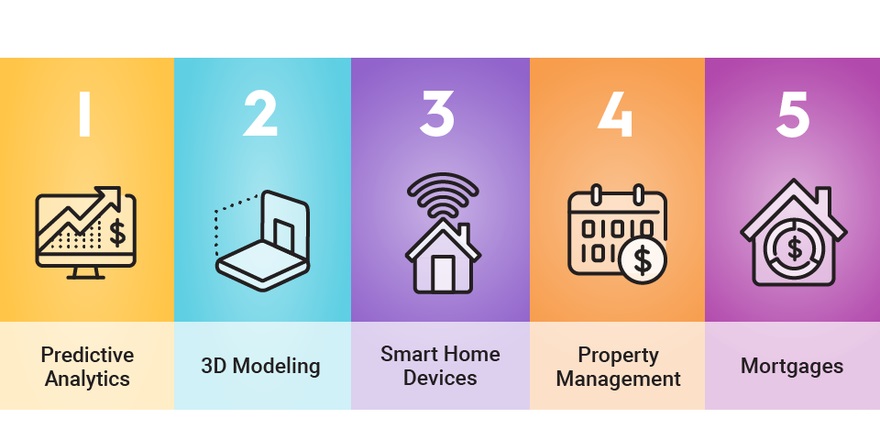
1. Predictive Analysis:
Predictive analytics is the most practical and common use of AI in real-estate. PA along with artificial intelligence are used to estimate the value of property.
Zillow’s (Z 0.49%) and ZG 0.73%, the leading online real-estate marketplace, use AI to provide “Zestimates,” its proprietary valuation estimates, as well personalized recommendations, floorplans, and photos.
Redfin, a rival (RDFN -3.02%), also uses AI to make similar estimations. It has partnered up with OpenAI, creator of ChatGPT, with a search plugin that is based on chat and can help users find the perfect home.
It is forecasted that AI in commercial real estate property investment is essential. Investors, economists and agencies use AI to forecast the direction of the real estate markets, in order to gain an advantage over the competition and purchase at the best price.
2. 3D Modeling:
Visual representations are becoming increasingly important for real estate. It’s just one of many industries taking advantage of AI-based computer graphics that let users explore a space virtually.
Matterport (MTTR 4,72%) is a leader in the technology industry. It creates 3D tours of properties, allowing potential buyers to view a property with augmented reality or other features without having to go to the site in person.
It increases the pool of buyers because anyone with an internet-connected device can see the property. The technology helps agents, buyers and sellers save money by screening potential buyers.
Startups have developed similar technologies to show renderings of property that has not yet been built. Some real estate AI startups focus on helping architects by offering AI tools for real estate agents that give real estate AI cost estimates for different designs.
In addition to these services, some startups also cater to real estate app maintenance services, ensuring that these AI-driven apps remain up-to-date and functional, contributing to the seamless operation of the real estate ecosystem. This convergence of AI and real estate is revolutionizing the way properties are designed, marketed, and maintained.
3. Smart Home Devices:
Property tech is often overlooked in comparison to REITs worth hundreds of millions of dollars. Proptech, also known as property tech, is a rapidly growing niche within the real estate sector. The focus is on devices that allow landlords and homeowners to remotely monitor their properties.
Smart doorbells and locks, thermostats with cameras, and other devices for smart homes are included in an app like SmartThings. AI allows devices to learn the preferences of users and adapt settings accordingly. They may decrease your utility costs, boost tenant happiness, and keep landlords informed.
4. AI in Property Management:
Property management is an important sub sector in real estate. AI may also be utilized to assist managers screen tenants, collect rental payments, and schedule maintenance.
AI chatbots, developed by a Mobile app development company, play a pivotal role in tenant screening within the real estate industry. They streamline inquiries about rental rates, availability, and application processes, significantly reducing the workload of human agents while enhancing customer service.
Automating workflows, collecting data, and processing payments can all be automated using AI. AI assistants can also be used to create reports that track leasing performance and help to improve occupancy rates and operational efficiency.
5. Mortgages:
Artificial intelligence, such as mortgages, is becoming more popular. AI underwriting uses AI to evaluate borrower data such as credit scores and income to determine the risk profile of the borrower and the best rate to charge.
Artificial intelligence is capable of automating servicing loan tasks including payment processing and fraud prevention. Rocket Companies, for example, uses AI to make decisions almost instantly on mortgage AI applications in real estate.
6.Virtual Tour:
As AR and VR technology become more popular in real estate, people who want to invest can get a good idea of the property without even going there. Businesses who are interested in buying a home can take video tours that really show them how the room looks and feels.
This new technology is useful, especially for homes that are still being built or that are overseas. It also helps keep social distance standards in place and keeps a realtor’s calendar from getting too full of pre-arranged viewings.
7. Fraud and Compliance Detection
As AI-generated pictures and content become more popular, it has become very hard for MLS providers to spot images and descriptions that have been changed or aren’t true. If there is any dishonesty in the product descriptions or pictures, it can be very bad for both MLS admins and dealers, as there are many fines for wrong entry data. AI steps in to save the day here.
In real estate, computer vision, AI, and machine learning can easily spot listings that have been tampered with and even help realtors spot possible violations of the Fair Housing Act. This way, realtors can make sure that listings are correct and follow the law.
Some Examples of AI in Real Estate Industry
Real estate companies are leveraging technologies such as robotics, artificial intelligence, Internet of Things, machine learning and more to create a paradigm change in the industry.
These companies are using AI to revolutionize property investing, buying, and selling. Here are five real estate AI companies who use AI and machine learning to increase investor interest according to the real estate mobile app development company.
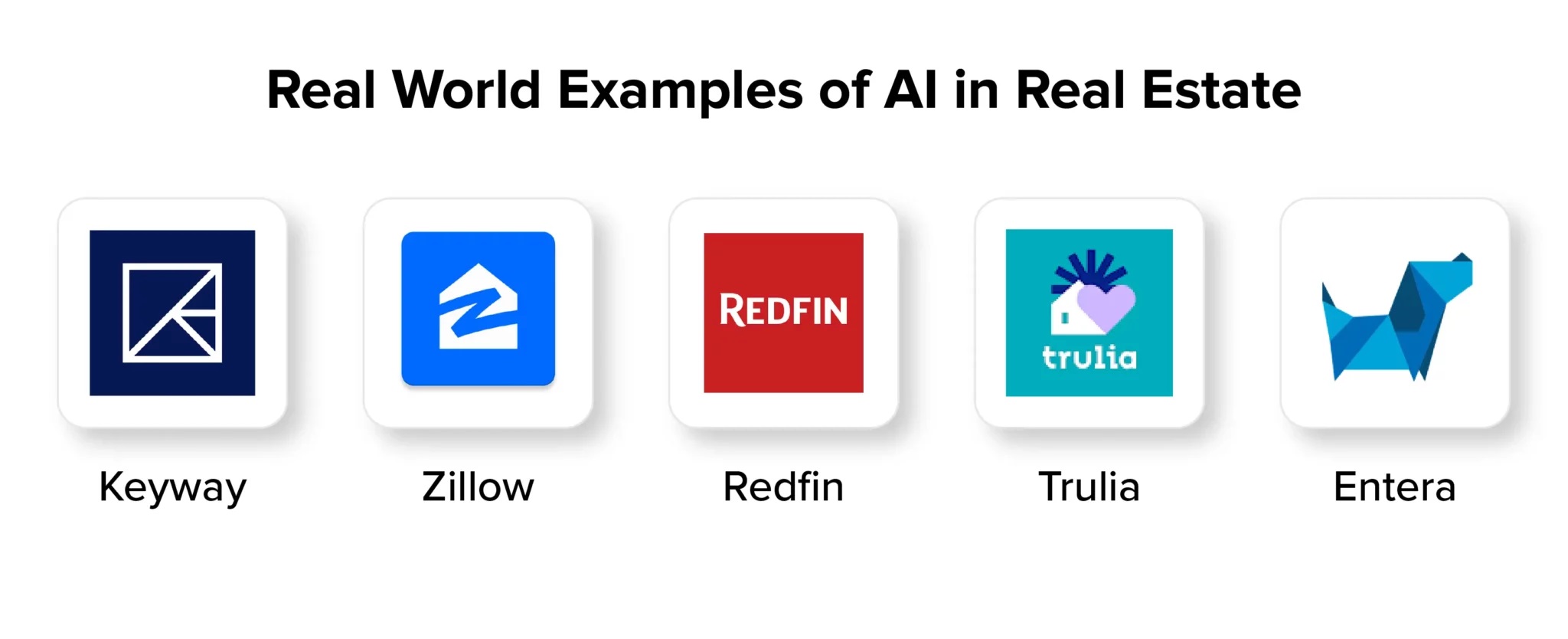
1. Keyway
Keyway is a real estate investment manager powered by AI. It uses AI, data science and other technologies to achieve better results. The company offers service models such as rent-to-own or transition-out to multifamily property owners, private practice doctors, dentists and veterinarians in the healthcare industry.
However, if you have a similar app like Keyway and wants to update it with new features, then you must consult with the best real estate app maintenance services provider.
2. Zillow
Zillow is a trusted brand in the real-estate industry. It uses AI to analyze digital images and other metrics relevant to property values to provide free estimates. This technology uses a neural net that is trained using vast datasets of millions of photos with corresponding home values.
Creating real estate apps like Zillow can benefit businesses by providing accurate property assessments, attracting users, and facilitating informed decisions in the competitive real estate market.
The neural network extracts relevant information from photos of new property listings by “reading” them. AI-driven estimations project property values with a national average error rate of just 2.4%. This contributes to highly accurate predictions.
3. Redfin
Redfin, a technology-driven real estate broker, lender and renovator, uses AI for automated property valuations. They combine AI data analysis and human expertise to provide accurate valuations for AI for realtors.
However, it is vital to know that when you invest in developing a real estate app like Redfin, you should first determine the cost of real estate app development.
4. Entera
Entera is one of the most prominent examples of AI used in business. It operates in the real-estate industry and offers a real estate intelligence platform for residential real estate investment that uses AI to automate processes and provide intelligent analytics.
The company is active in US markets and its platform processes 1,000+ transactions a month. So, if you want to develop a robust AI real estate app like Entera, then you should hire real estate app developers.
5. Trulia
A well-known real estate platform, Trulia, employs AI to improve user experience and offer tailored suggestions. This AI-powered platform utilizes advanced algorithms to tailor property suggestions in real-time, considering user preferences and search histories. Additionally, various startups aim to create a mobile app for seamless and personalized on-the-go property exploration.
Future of AI in Real Estate Industry
The impact of AI on the real estate industry through robotics, deep learning algorithms, and machine learning in commercial real estate is significant. These examples and use cases of AI in real-estate show how this revolutionary technology is making a big impact on areas such as predictive analytics, workflow automation and data visualization.
This shows the enormous potential of AI for real estate and how it can catalyze a paradigm change in the market. It is the right time for startups and entrepreneurs to invest in real estate app development with AI-powered technology.
So, if you have a real estate business and want to give a boost, then you must hire dedicated developers who can create a real estate app with AI technology.
We can expect its evolution to be more transformational in the next few years, as AI is increasingly integrated into the real estate industry. AI is likely to be a game changer for real estate companies as it continues to expand its horizons.
Final Thoughts!
Artificial intelligence can revolutionize the industry of real estate by providing professionals with advanced tools and insights that will allow them to navigate the market and make new listings.
They will also be able to provide an exceptional customer experience and increase their operational efficiency. Investors, agents and buyers can all benefit from the opportunity to save money and time.
Real estate app development company that integrate AI in real estate apps and leverage its capabilities effectively can create new opportunities, add value and help shape the future of their industry.
Investors and buyers will be able to navigate through the normal, but sometimes difficult market conditions. This will take away all the frustration and unease of buying property.
Frequently Asked Questions
1. Can AI Predict Real Estate Market Trends?
The AI trends for the real estate market can be predicted by this technology. These insights will help homeowners, real estate agents, and other professionals to make informed decisions about investments and positioning properties for sale.
2. How Much Does Real Estate Website Development Cost?
The real estate website development cost relies on various factors. Usually, it can be between $8000-$15000 for a basic website while $25000 or more for an advanced website. However, it is advisable to consult with a real estate website development services provider to know the exact cost estimate of the real estate website development.
3. How to Create an AI App for Real Estate Business?
To create an AI app for a real estate business, you should follow these steps:
- Define objectives and features.
- Gather relevant data.
- Choose the right AI technologies
- Develop the app with AI integration.
- Test and refine the AI algorithms.
- Ensure data security and compliance.
- Launch and continuously improve the app.
4. How Much Does it Cost to Hire Mobile App Developers ?
The cost to hire mobile app developers varies widely based on factors like location, experience, and project complexity. On average, the developers cost range from $15 to $25 per hour.
















